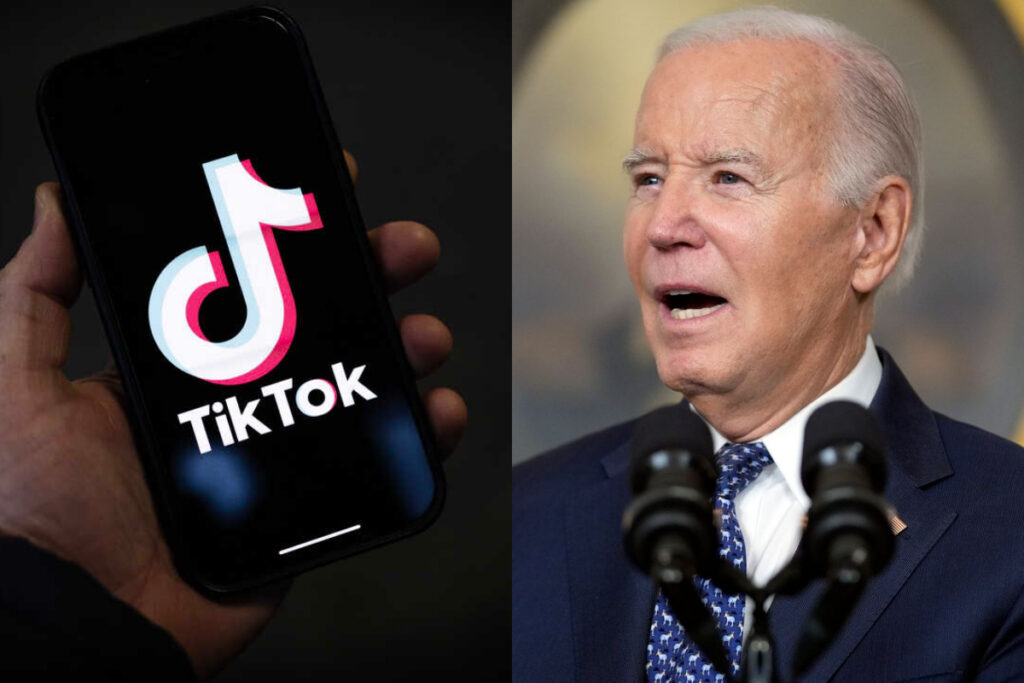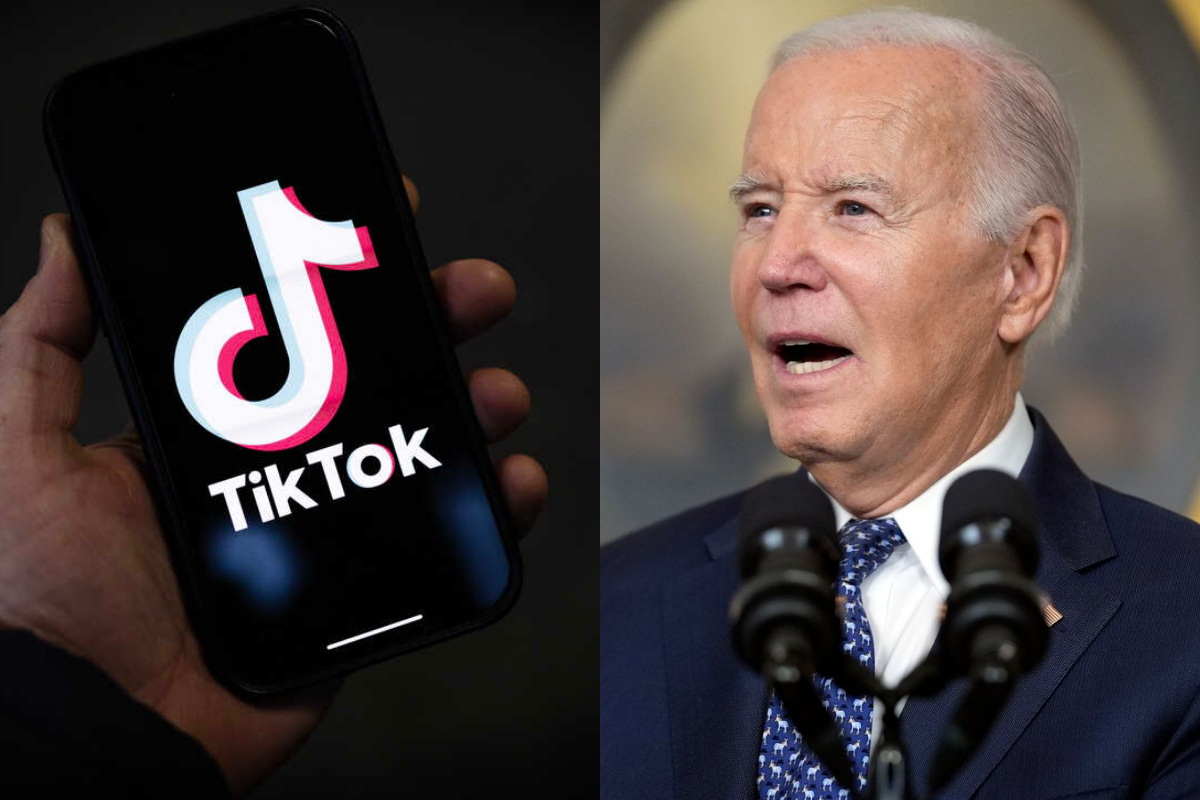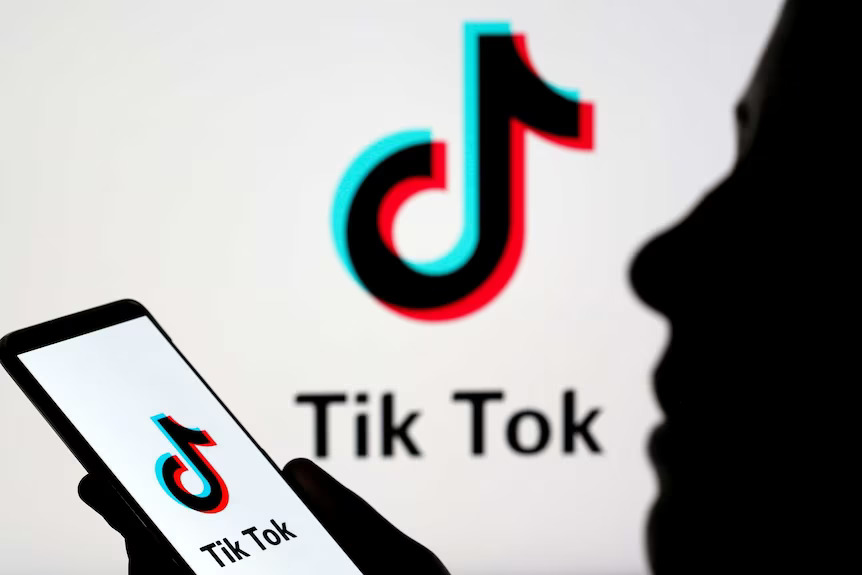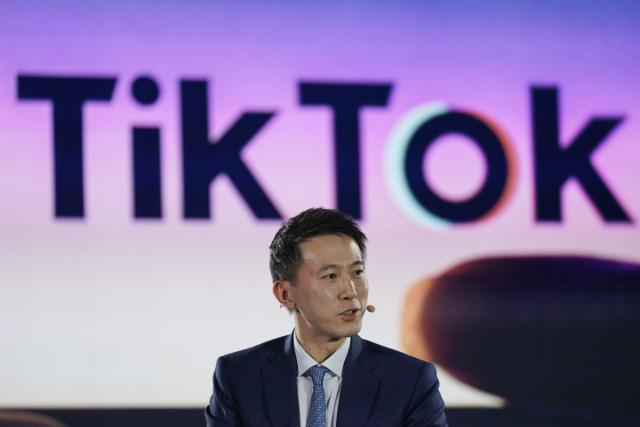TikTok
President Biden Embraces TikTok as a Strategic Move to Engage Young Voters

I am a student pursuing my bachelor’s in information technology. I have a interest in writing so, I am working a freelance content writer because I enjoy writing. I also write poetries. I believe in the quote by anne frank “paper has more patience than person
TikTok Ban in Montana Blocked by Court as Free Speech Threat

I am a law graduate from NLU Lucknow. I have a flair for creative writing and hence in my free time work as a freelance content writer.
TikTok CEO to Discuss Data Protection, Disinformation With EU

I am a law graduate from NLU Lucknow. I have a flair for creative writing and hence in my free time work as a freelance content writer.
TikTok’s E-Commerce Ambitions Stall as Global Backlash Grows
In a surprising turn of events, TikTok, the wildly popular Chinese-owned social media platform, is facing a formidable obstacle in its quest for e-commerce dominance as a groundswell of regulatory backlash grows globally.
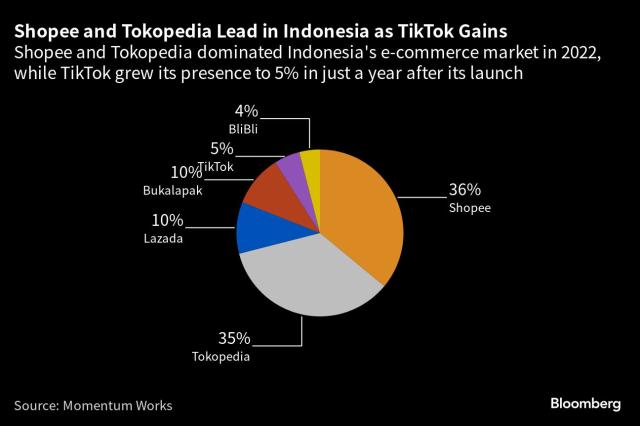
The latest blow comes from Indonesia, Southeast Asia’s retail giant, where sweeping regulations have been implemented, forcing TikTok to split payments from shopping—a move that could impede its thriving e-commerce initiatives. The Indonesian Minister of Cooperatives and Small and Medium Enterprises, Teten Masduki, has emerged as a vocal critic, expressing concerns about TikTok squeezing local players. The new regulations prohibit social media companies from handling direct payments for online purchases, and TikTok, with its TikTok Shop, is the only platform currently doing so. This separation poses a significant challenge for TikTok, forcing it to reconsider its e-commerce strategy in Indonesia.
The regulations have triggered a ripple effect in the market, benefiting local players like GoTo and Sea, while potentially chilling the entire online shopping arena. The ban on direct payments could alienate foreign firms and investors, adding to concerns about protectionist measures in various industries.
TikTok has pushed back against the regulations, arguing that separating social media and e-commerce stifles innovation and adversely affects millions of merchants and consumers who rely on the platform for their livelihoods. The company faces the dilemma of either creating a separate app for payments, potentially diminishing its user experience or risk having its business shut down in Indonesia.
Also Read: From Unicorns to Camels: How AI Startups Transcend The Divide in Tech Investment
The conflict with Indonesian authorities marks a stark contrast to the optimism expressed just a few months ago when TikTok’s CEO promised significant investments in Southeast Asia. The regulatory challenges in Indonesia may also set a precedent for other countries in the region to scrutinize TikTok’s influence in their e-commerce markets.
As TikTok navigates this regulatory minefield, it faces not only potential scrutiny in the US, Europe, and India but also the challenge of finding a structure that satisfies authorities while allowing for continued growth. The outcome of this battle will have implications not only for TikTok’s ambitious e-commerce plans but also for the broader landscape of social media and online shopping worldwide.

I am a law graduate from NLU Lucknow. I have a flair for creative writing and hence in my free time work as a freelance content writer.




